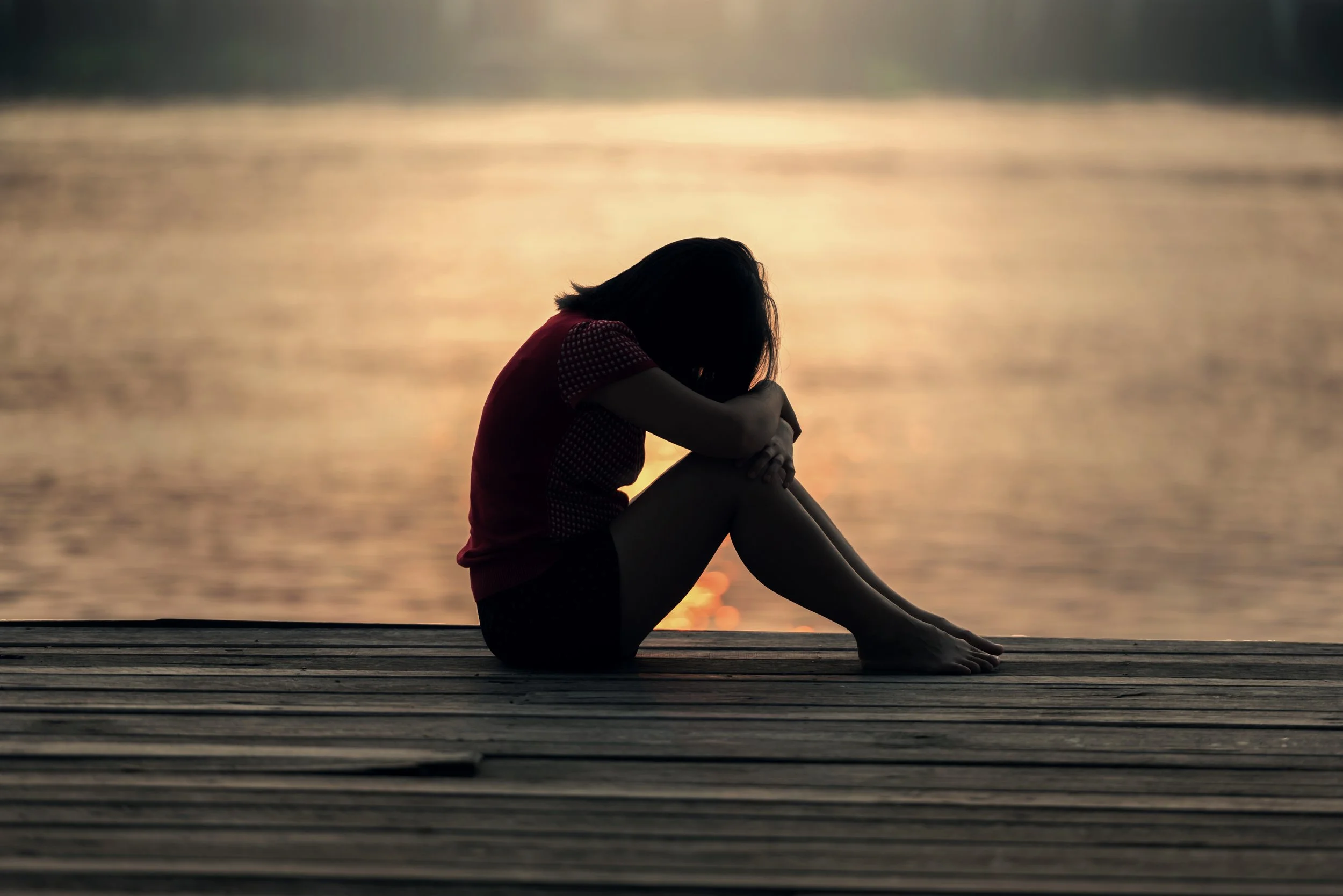When the Truth Won't Set You Free
I’d say “Hello, strangers!” but I’ve been the one MIA. It’s been more than two months since I’ve put up a blog post. I promise I haven’t fallen off and I’ve had a perfectly good reason for my absence. I’ll address that sooner than later. But something else has called me to break my silence. I came across a story the other day that made me wish another writer had chosen silence along with me.
Globe and Mail columnist, Leah McLaren, recounted a personal story about being at a party, stumbling upon a lonely baby and picking it up for a cuddle. And then, on a nationally syndicated news site, she proceeded to describe how after her finger “somehow” ended up in the baby’s mouth, she had the overwhelming urge to breastfeed him—yes, a baby that isn’t hers while she wasn’t lactating. Allow me to voice what we’re all thinking: Umm, lady, what the hell?!
There are way too many junctions in this story where someone should have hit the pause button and avoided all this mess. Yet neither the writer nor the editor(s) thought this story should have been cut in editing. It took the outrage of a couple hundred Twitter users to get her suspended.
I get it. Personal stories are all the rage in journalism right now, especially controversial ones. I’m not knocking that in the least. My blog is littered with them. My entire ghostwriting career is propped up by people’s desires to tell their stories. My tagline, big and bold on my website, is “Tell your stories, speak your truth.” I am a relentless advocate for storytelling, even the more controversial stories, but there is a line. Or at least there should be.
I’ve noticed a pattern as of late in the arena of storytelling that’s really disturbing. We—and by we, I mean the powers that be that keep signing off on this crap—have been continuously accepting retellings of reprehensible, problematic, and even criminal events as sensational and paying people for them. Lena Dunham, Milo Yiannopoulos, Tom Stranger, and now to round out this odd collection, Leah McLaren. I am willing to bet my next pay cheque there are hundreds more that I’m unfamiliar with.
This trend is sensational only insofar as it is sensationally stupid. @@Personal storytelling must always be accompanied by personal responsibility.@@ When you use your life (and by extension, the lives of those around you) for material, you have to be prepared to deal with fallout, backlash, and criticism that have real impact on real people’s lives. You also have to be willing to accept when that criticism isn’t just angry people in the comments, but a valid critique of wrongdoing.
So where is the line? Well, I mean, it depends. Different audiences, different tastes. But I would still encourage storytellers in any medium to keep a few things in mind:
Some of your “truths” will get you ostracized. That’s pretty standard fare in personal storytelling, but there’s a difference between being criticized because of differences in opinion and getting flack because what you did is wrong. @@Don’t get so caught up in the whole “truth will set you free” thing and forget that some truths could land you in an unemployment line, a courtroom or jail.@@ Learn the difference.
Some truths are dangerous. What Leah and Lena and Milo and Tom all have in common is that they’re telling stories about things like sexual assault and bigotry in ways that try to paint them as harmless, even whimsical. I hate that this even needs to be said, but don’t do this. Same goes for cheerily recounting stories of criminal and dangerous activities without the context of the risk and consequences involved. Context matters.
Some truths aren’t yours to tell. If you’re writing about yourself, there’s a good chance you’re also writing about other people in your life. Now I stand firmly behind Anne Lamont’s quote, “If people wanted you to write warmly about them, they should have behaved better.” I am here for naming and shaming abusers, but if you reveal the intimate details of an innocent person’s life without their permission and put them at risk of physical, verbal, or emotional attack, you are complicit in whatever happens to them. Tell your story and your truths.
Storytelling is a gift, a chance to share yourself with the world. It is not a free pass to be a fool in print. Please know that editors, publishers, producers and other higher ups will not always save you from yourself, and while they’ll get some of the heat, you’ll be the one whose life is in flames, whether you deserve it or not. So please, be your own voice of reason. @@Not every story needs to be told. Not every truth will set you free.@@ Go ask Leah McLaren.






